The way you have been brought up by your parents and the kind of family you come from can determine your level of self-esteem. Dysfunctional families and the wrong kind of parents are just some of the sources that cause low self-esteem in people.
Previously, I wrote about the ways that low self-esteem manifests in female relationships. This week I will do a brief overview of the infinite places from which low self-esteem originates – how your history and primary caregiver relationships shaped your opinion of yourself and how other external factors contribute. This is a brief inventory of the sources of low self-esteem and how these feelings manifest.
Here Are 10 Sources Of Low Self-Esteem
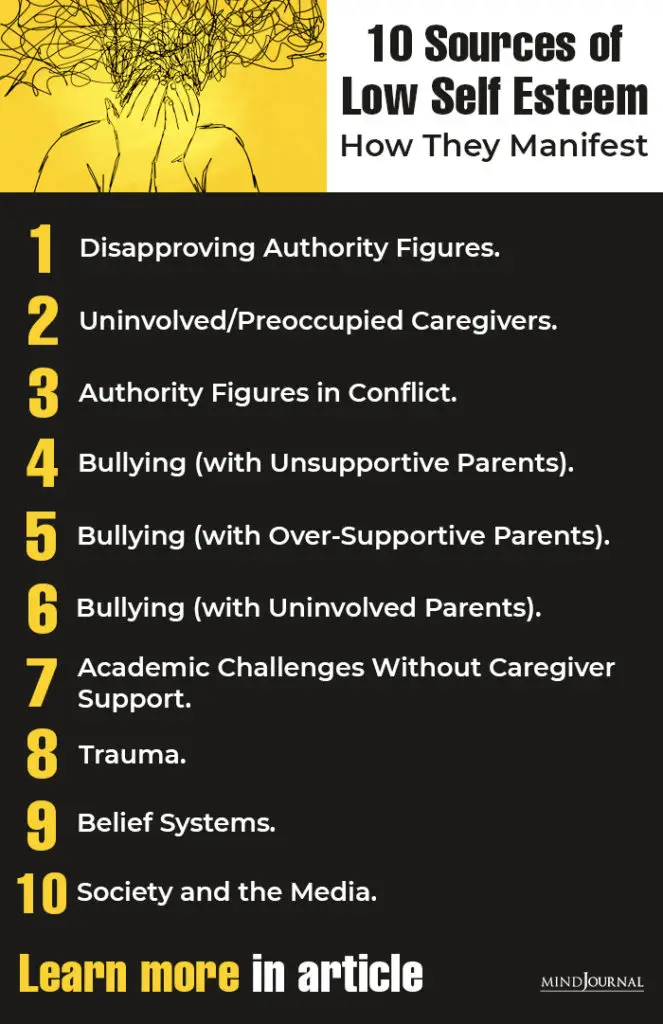
1. Disapproving Authority Figures.
If you grew up hearing that whatever you did wasn’t good enough, how are you supposed to grow into an adult with a positive self-image? If you were criticized no matter what you did or how hard you tried, it becomes difficult to feel confident and comfortable in your own skin later. The shame forced on you for perpetually “failing” can feel blindingly painful.
Related: 7 Things Common In Children Raised by Over Controlling Parents
2. Uninvolved/Preoccupied Caregivers.
It’s difficult to motivate yourself to want more, strive for more, and imagine that you deserve more when your parents or other primary caregivers didn’t pay attention – as if your greatest achievements weren’t worth noticing. This scenario often results in feeling forgotten, unacknowledged, and unimportant later.
It can also leave you feeling that you are not accountable to anyone, or you may believe that no one in the here and now is concerned about your whereabouts when that’s actually a carry-over feeling from the past. Feeling unrecognized can result in the belief that you are supposed to apologize for your existence.
3. Authority Figures In Conflict.
If parents or other caregivers fight or make each other feel bad, children absorb the negative emotions and distrustful situations that have been modeled for them. It’s scary, overwhelming, and disorganizing. This experience can also occur when one parent is deeply distraught or acts unpredictably around the child.
When you were subjected to excessive conflicts between authority figures, it can feel as if you contributed to the fights or to a parent’s painful circumstance. Intense conflicts are experienced as extremely threatening, fear driving, and you may believe you caused it. This feeling of being “tainted” can be carried into adulthood.
4. Bullying (With Unsupportive Parents).
If you had the support of a relatively safe, responsive, aware family you may have had a better chance of recovering and salvaging your self-esteem after having been taunted and bullied as a child. If you already felt unsafe at home and the torture continued outside the home, the overwhelming sense of being lost, abandoned, hopeless, and filled with self-loathing pervaded your everyday life.
It can also feel like anyone who befriends you is doing you a favor because you see yourself as so damaged. Or you may think that anyone involved in your life must be predatory and not to be trusted. Without a supportive home life, the effects of bullying can be magnified and miserably erode the quality of life.
Related: 6 Damaging Lies We Learn From Narcissistic Parents
5. Bullying (With Over-Supportive Parents).
Conversely, if your parents were overly and indiscriminately supportive, it can leave you feeling unprepared for the cruel world. Without an initial cause to develop a thick outer layer, it can feel challenging and even shameful to view yourself as unable to withstand the challenges of life outside the home.
From this perspective, you may feel ill-prepared and deeply ashamed to admit this dirty ugly secret about you, even to your parents, because you need to protect them from the pain they would endure if they knew. Instead, you hid the painful secret of what’s happened to you. Shame can cloud your perspective.
Eventually, it can seem as if your parents’ opinion of you is in conflict with the world’s opinion of you. It can compel you to cling to what is familiar in your life because it’s hard to trust what’s real and what isn’t. You may question the validity of your parents’ positive view of you, and default to the idea that you are not good enough or are victim-like and should be the subject of ridicule.
6. Bullying (With Uninvolved Parents).
If your primary caregivers were otherwise occupied while you were being bullied and downplayed your experience, or they let you down when you needed their advocacy, you might have struggled with feeling undeserving of notice, unworthy of attention, and angry at being shortchanged. When the world feels unsafe, shame and pain are brutal.
These feelings could also be evoked if parents were in transitional or chaotic states – so that what happened to you wasn’t on anyone’s radar. If there’s chaos at home, it can be hard to ask for attention or to feel like there is room for you to take up space with your struggles. Instead, you may retreat and become more isolated and stuck in shame.
7. Academic Challenges Without Caregiver Support.
There’s nothing like feeling stupid to create low self-esteem. If you felt like you didn’t understand what was happening in school – as if you were getting further and further behind without anyone noticing or stepping in to help you figure out what accommodations you needed – you might have internalized the belief that you are somehow defective.
You may feel preoccupied with and excessively doubt your own smartness, and feel terribly self-conscious about sharing your opinions. The shame of feeling as if you aren’t good enough can be difficult to shake, even after you learn your own ways to accommodate your academic difficulties.
Related: 10 Habits That Cause Low Self Esteem And Depression
8. Trauma.
Physical, sexual, or emotional abuse may be the most striking and overt causes of low self-esteem. Being forced into a physical and emotional position against your will can make it very hard to like the world, trust yourself, or trust others, which profoundly impacts self-esteem. It may even feel like your fault when it couldn’t be less your fault.
Obviously, in these scenarios, there is so much going on at one time that you might need to check out, dissociate, go away. It can make you feel like nothingness. In an effort to gain control of your circumstances, in your head, you may have convinced yourself that you were complicit or even to blame.
You may have found ways to cope with the abuse, to manage the chaos in ways that you understand are unhealthy, so you may ultimately view yourself as repulsive and searingly shameful, among a zillion other feelings.
9. Belief Systems.
When your religious (or other) belief system puts you in a position of feeling as if you are perpetually sinning, it can be similar to the experience of living with a disapproving authority figure. Whether the judgment is emanating from authority figures or from an established belief system in your life, it can evoke shame, guilt, conflict, and self-loathing.
Many structured belief systems offer two paths: one that’s all good and one that’s all bad. When you inevitably fall into the abyss between the two, you end up feeling confused, wrong, disoriented, shameful, fake, and disappointed with yourself over and over again.
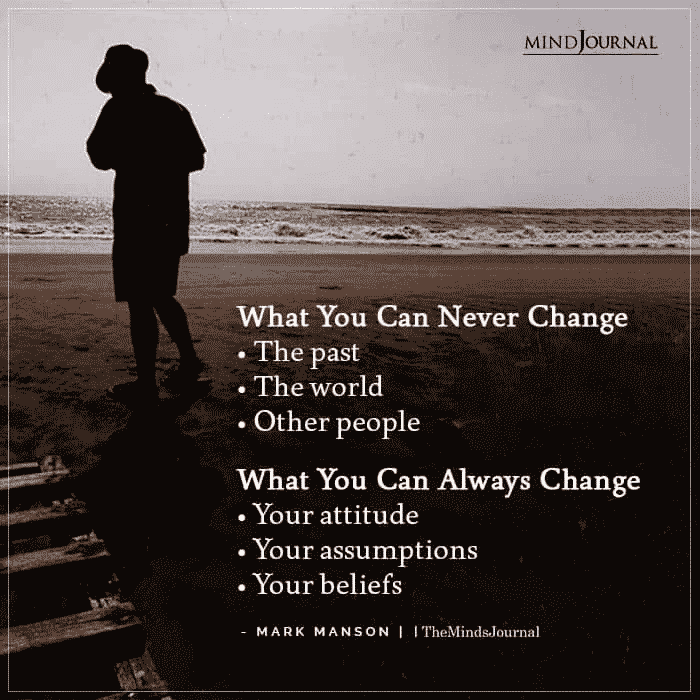
10. Society And The Media.
It’s no secret that people in media are packaged and airbrushed into unrealistic levels of beauty and thinness. It’s an epidemic that’s only getting worse. Now, males and females alike feel they can’t measure up to what’s out there. Maybe the seeds of low self-esteem are sown elsewhere, but now society and the media make imperfections so immediately accessible, there is no relief from feelings of inadequacy.
As media access is available, younger and younger kids are subjected to these unfair comparisons earlier and earlier.
Of course, each of these sources of low self-esteem merits an infinite number of posts. It is, however, most important to understand that experiencing any of these early circumstances doesn’t mean you must be bound by them as an adult.
They will be woven into your fabric and absorbed into your sense of yourself in different ways over time, but there are many paths to feeling that you are better prepared, less fragmented, and more confident moving forward.
As an adult, when you examine your history, you can begin to see that in some cases the derision or intense negative messages you encountered weren’t necessarily meant for you. Rather, they flowed from the circumstances of the people who delivered them. That perspective can help you to dilute the power of the negative messages about yourself you received and formed.
Related: How To Boost Your Self-Esteem Quickly: 12 Simple Tips
Furthermore, understanding that you are not alone in your experience can help decrease the extent to which you feel isolated and shameful.
There are some circumstances you may have suffered that may be impossible to understand. You can’t and aren’t expected to understand, empathize, or forgive in these circumstances. What matters most is continuing to find ways to feel as okay and as safe as you can in your own life right now.
The more you understand the sources of your low self-esteem and can put them into context, the more you can use your self-understanding to begin the process of repairing self-esteem.
Check out Dr. Lachmann’s personal website for more informative articles.
Written By Suzanne Lachmann Originally Appeared In Psychology Today
If you have ever experienced low self-esteem because of these sources, then know that you are not alone in this and that there is light at the end of the tunnel. Your life is not over and your low self-esteem doesn’t have to be a permanent thing. Try to understand why you have low self-esteem, and work with it to gain a better understanding of yourself.
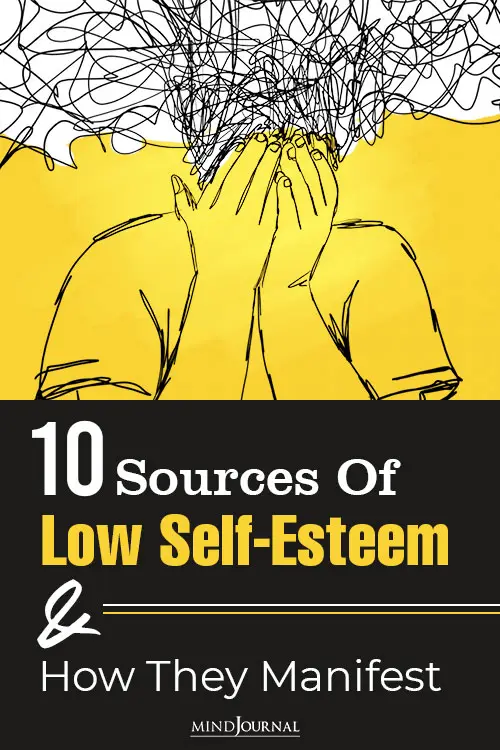
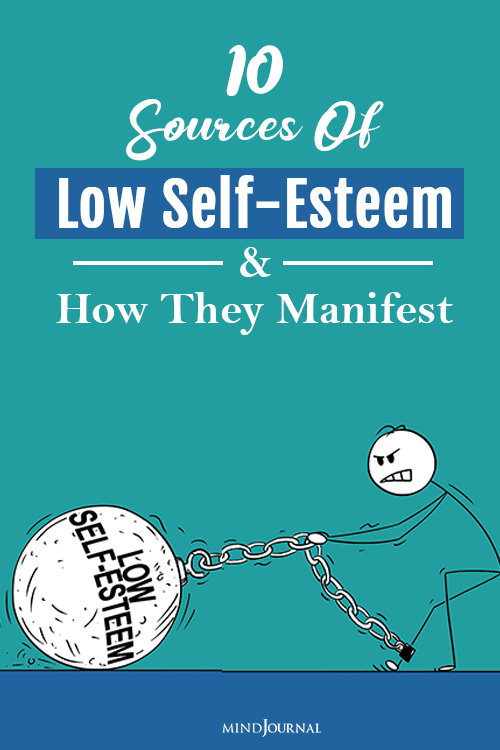
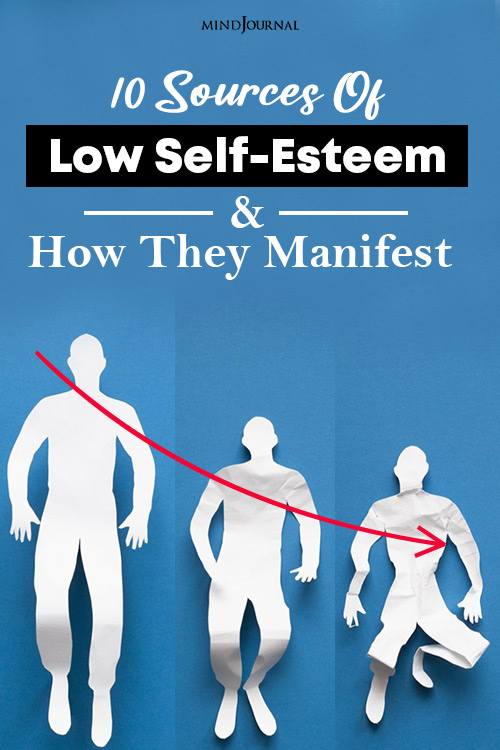
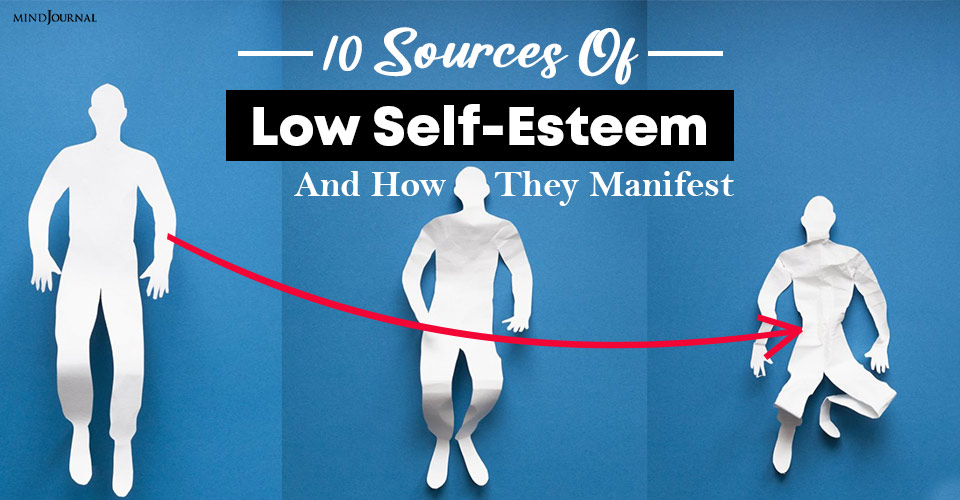







Leave a Reply
You must be logged in to post a comment.